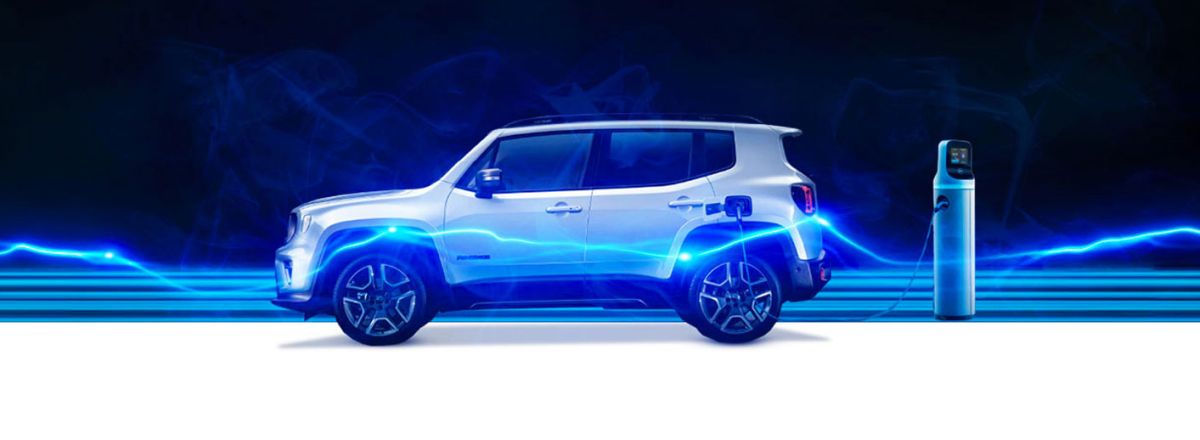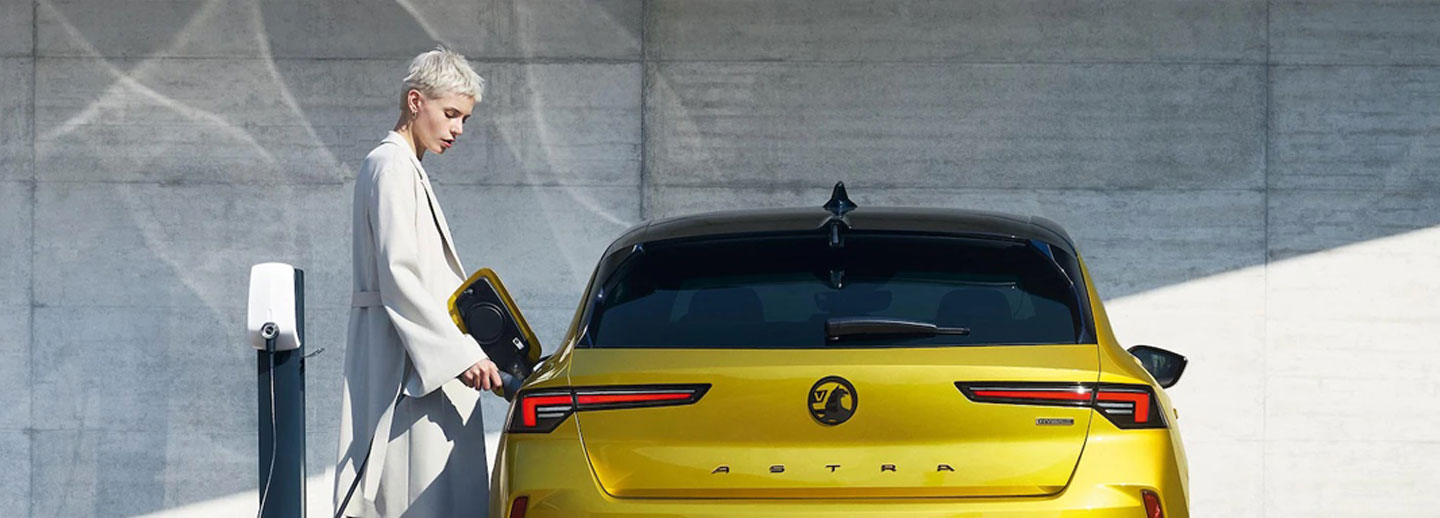What can we expect from electric car technology?
More charging points
One is the simple fact that there will be more charging points installed. Currently, you are never over 25 minutes away from a rapid charging point. However, with a greater infrastructure being developed, this time and distance will drop even further.
Increased battery size and range
Besides the improvements to infrastructure, drivers will also experience the benefit of greater battery sizes.
The battery is the most important part of an electric car and it’s also where the biggest innovations are happening right now.
Today, even the most basic EVs achieve over 200 miles on a single charge. Looking forward, the consumer can expect much more.
Recently, Scientists have developed a biologically-inspired membrane that could increase the charge capacity of an electric car battery by four times its normal amount. Not only will this massively increase the vehicles range but will also reduce the mileage costs, helping the driver save money.
New battery types
Alongside extending their life, manufacturers are also looking to diversify the make-up of EV batteries. Currently, we power most of the world’s EV cars through cobalt or lithium-ion batteries, but if we continue using them at their current rate it will be unsustainable.
Manufacturers are now looking at a range of different options to help power future electric cars. One stand out option is solid-state technology. This will see the current liquid electrolytes in a battery being replaced with solid ones. The consequence of this is a large weight reduction and an estimated improvement in efficiency of around 35%.
In short, the batteries will last much longer.
The problem is that just switching to new batteries won’t be enough. That’s why manufacturers are looking to improve the recycling process. Manufacturers are now implementing schemes to collect old lithium-ion and nickel-hydride batteries and are reusing them as stationary power sources for homes, offices, and leisure spaces.
Wireless charging
Wireless charging is already here for our phones, but imagine how much easier it would make charging our cars?
There is already technology in development that turns parking bays into drive-on charging points. Simply, park up and charge while your car is idle.
But if we want to make a more efficient system; we would need to remove the need to stop and charge altogether.. To solve this, tech firms are developing an upgrade in wireless charging that could change everything.
Currently there are companies’ trialling something called dynamic wireless charging. A ground-breaking concept, dynamic wireless charging aims to remove the need for stationary charging points altogether, allowing us to charge while we drive.
Tech firm Qualcomm has been showing that they can charge a car from beneath the road at speeds of up to 70mph.
It’s still some way off, but can you imagine never having to stop to refuel or recharge your car ever again?
Greater variety of vehicles
Although the market is growing, the types of electric vehicle you can buy is still quite limited. However, as the market continues to grow, you will begin to see a greater variety of EVs available on the market.
Not only will you be able to buy a hatchback, but you will also find minivans, trucks, motorcycles, campervans and much more.


